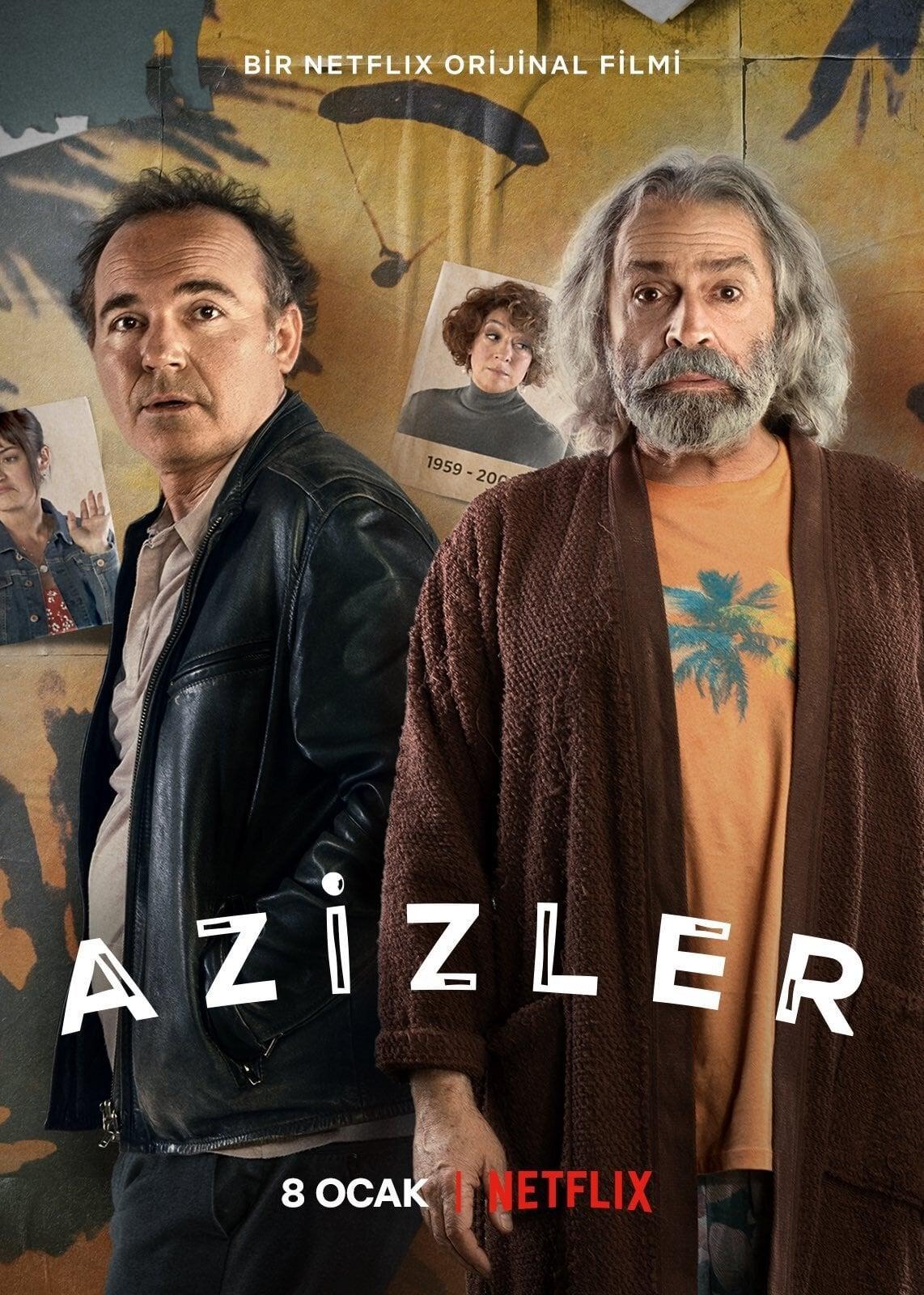

Film turc mbc4 series#
It was the first time that a TV series had captivated simultaneously so many people around the world.

Five years later, the Arabs were shooting at the stars with the launch of the first Arab satellite system, Arabsat-1. FILM TURQUE EN ARABE MBC4 TVĮxcept for experts and visionaries, no one was predicting that it was “the beginning of the end” for the state domination of television in the Arab world.Īlmost a quarter of a century later, on August 30, 2008, 85 million Arab viewers were glued to their TV sets for the finale of the Syrian-dubbed Turkish soap opera, Gümüş 1 (Noor 2 in Arabic), a Kanal D production that received little attention in its homeland in 2005. After falling in the past for Victoria Principal, Ridge Forrester, and Latin American telenovela characters Kassandra and Rosalinda, Arab audiences are now turning to Turkey, a close yet estranged neighbor with whom they share a tumultuous history. The mastermind behind this phenomenon has been the MBC (Middle East Broadcasting Center) media empire, a combination of Saudi capital and Middle Eastern know-how, and a success story that started in the 1990s with the birth of a private Arab media field. As Naomi Sakr explains, many factors fuel the field’s potential including the fact that “Media flows are (…) facilitated where the language is shared 3 ”.

The Arab market is indeed unique: a large and essentially young audience with some 20 countries sharing a common language. Researchers have thus observed a relative “depoliticization” of media over the years with the progressive development of mass entertainment programming.ĭespite the spectacular success of Arabic musalsalat (soap operas), Arab audiences have always shown great interest in foreign productions. Within this context Turkish soap operas, Noor being the most significant case, have generated a media revolution. My aim is first to describe this triumph and then to introduce the various repercussions that resulted from it. On one hand, it would be interesting to analyze this new form of drama on the Arab entertainment scene, explaining its emergence as a “genre” as well as a successful model of “hybridization”. On the other hand, in a region of long Ottoman domination, what linguistic and cultural issues do these series and their dubbing in dialect raise? What have they exposed about Arab societies in terms of values? I will tackle these aspects through a close analysis of the Arab press from March to July 2009, the period that witnessed the peak of the series’ success. The analysis will include general literature about soap operas formats as well as musalsalat in the Arab world. Moreover, I shall draw conclusions about Arab drama and entertainment as a whole, as well as its inherent contradictions, mostly in terms of values. Finally, I will discuss the next trends within this field as well as Arab satellite media in general, including the possible return of local dialects after the domination of standardized Arabic. Initially, soap operas were radio programs sponsored by big soap corporations in the United States. With the advent of television, they became a well-known format all over the world. They were aimed at housewives and were mostly aired in the “daytime slot”, from 9 a.m. Women’s access to the labor market and the dazzling success of some series however brought many changes.


 0 kommentar(er)
0 kommentar(er)
